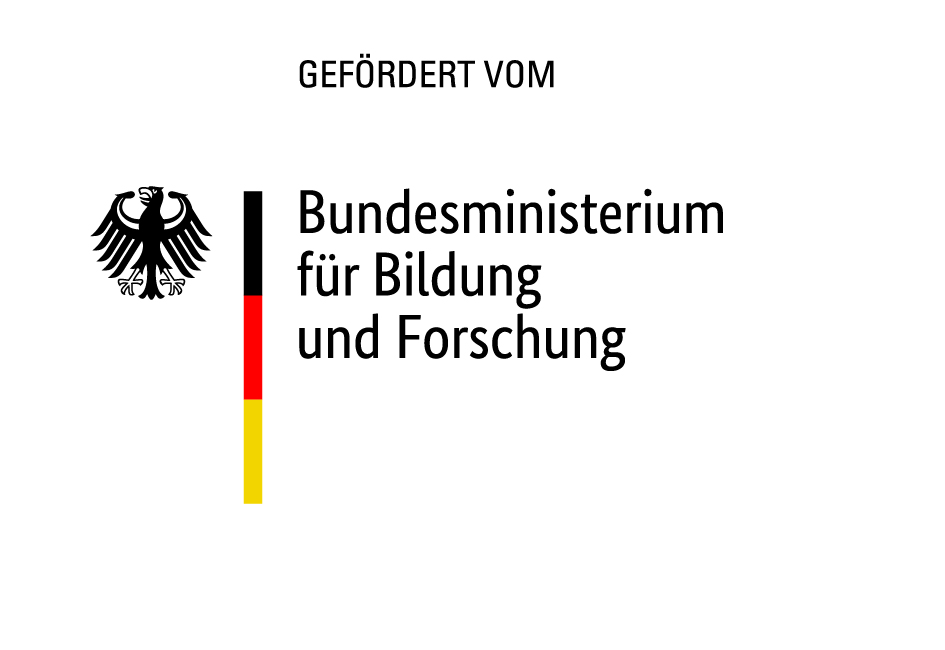
How was the project structured?
The joint project EIDEC linked four content-related (two technical/two ethical) sub-projects at different locations, which dealt with attitudes towards AI-based monitoring and assistance systems in dementia care as part of a qualitative interview study.

What is the background?
New digital assistance technologies have the potential to improve the care of dementia patients. These systems integrate artificial intelligence, semantics and human interpretation. EIDEC focussed the ethical implications and challenges of such systems for users and developers.

What was the objective?
The aim of EIDEC was to evaluate the digital assistance technologies and to compare the social acceptance and moral evaluation of the applications between the user groups. The user groups included patients, family members and care professionals.

What results have we achieved?
We have developed empirically based recommendations in the project. These are intended to support developers and researchers in their work. The recommendations can also be relevant for political decision-makers. They can be used when making decisions on the use of digital assistance technologies.

Who were the parties involved?
The University Medical Center Göttingen, the University of Oldenburg, the University of Rostock, the University Medical Center Rostock and the DZNE were involved in the EIDEC project.

EIDEC was funded by the Federal Ministry of Education and Research with the funding number 01GP190
Further information on the funding line can be found here.